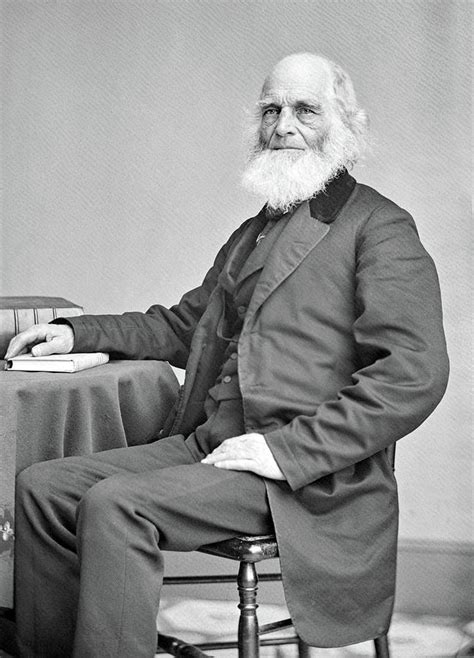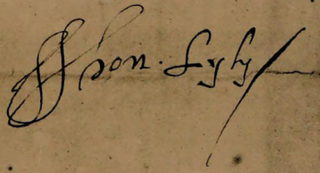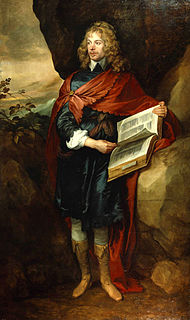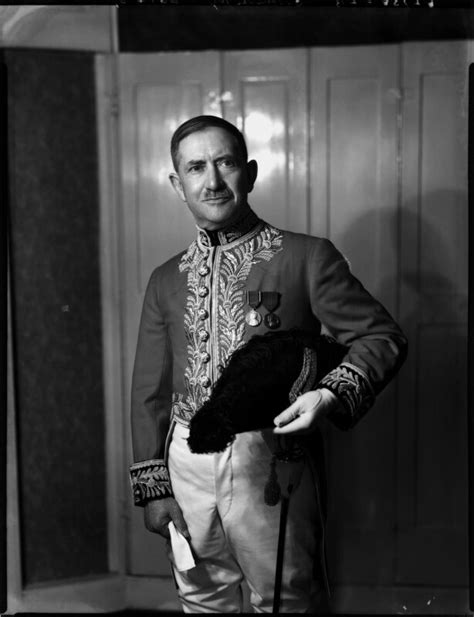A Quote by William C. Bryant
Related Quotes
And Jessamine-Jessamine was gazing at her in abject horror, like someone who has seen a vision of their own ghost. For a moment Tessa felt a stab of guilt. It lasted only a moment, though. Slowly Jessamine lowered her hand from her mouth, her face still very pale. "Goodness, my nose is enormous," she exclaimed. "Why didn't anyone tell me?
X. I saw pale kings and princes too, Pale warriors, death-pale were they all; They cried—“La Belle Dame sans Merci Hath thee in thrall!” XI. I saw their starved lips in the gloam, With horrid warning gaped wide, And I awoke and found me here, On the cold hill’s side. XII. And this is why I sojourn here, Alone and palely loitering, Though the sedge is wither’d from the lake, And no birds sing.
Earth fills her lap with pleasures of her own;
Yearnings she hath in her own natural kind,
And, even with something of a mother's mind,
And no unworthy aim,
The homely nurse doth all she can
To make her foster child, her inmate man,
Forget the glories he hath known
And that imperial palace whence he came.
I myself will perhaps cry out with all the rest, looking at the mother embracing her child's tormentor: 'Just art thou, O Lord!' but I do not want to cry out with them. While there's still time, I hasten to defend myself against it, and therefore I absolutely renounce all higher harmony. It is not worth one little tear of even that one tormented child who beat her chest with her little fist and prayed to 'dear God' in a stinking outhouse with her unredeemed tears!
As her sons have seen her: the mother in patriarchy: controlling, erotic, castrating, heart-suffering, guilt-ridden, and guilt-provoking; a marble brow, a huge breast, an avid cave; between her legs snakes, swamp-grass, or teeth; on her lap a helpless infant or a martyred son. She exists for one purpose: to bear and nourish the son.
I have been manipulated, and I have in turn manipulated others, by recording their response to suffering and misery. So there is guilt in every direction: guilt because I don't practice religion, guilt because I was able to walk away, while this man was dying of starvation or being murdered by another man with a gun. And I am tired of guilt, tired of saying to myself: “I didn't kill that man on that photograph, I didn't starve that child. That's why I want to photograph landscapes and flowers. I am sentencing myself to peace.
Let take a cat, and foster her with milk And tender flesh, and make her couch of silk, And let her see a mouse go by the wall, Anon she leaveth milk and flesh, and all, And every dainty that is in that house, Such appetite hath she to eat the mouse. Lo, here hath kind her domination, And appetite banishes discretion.






































